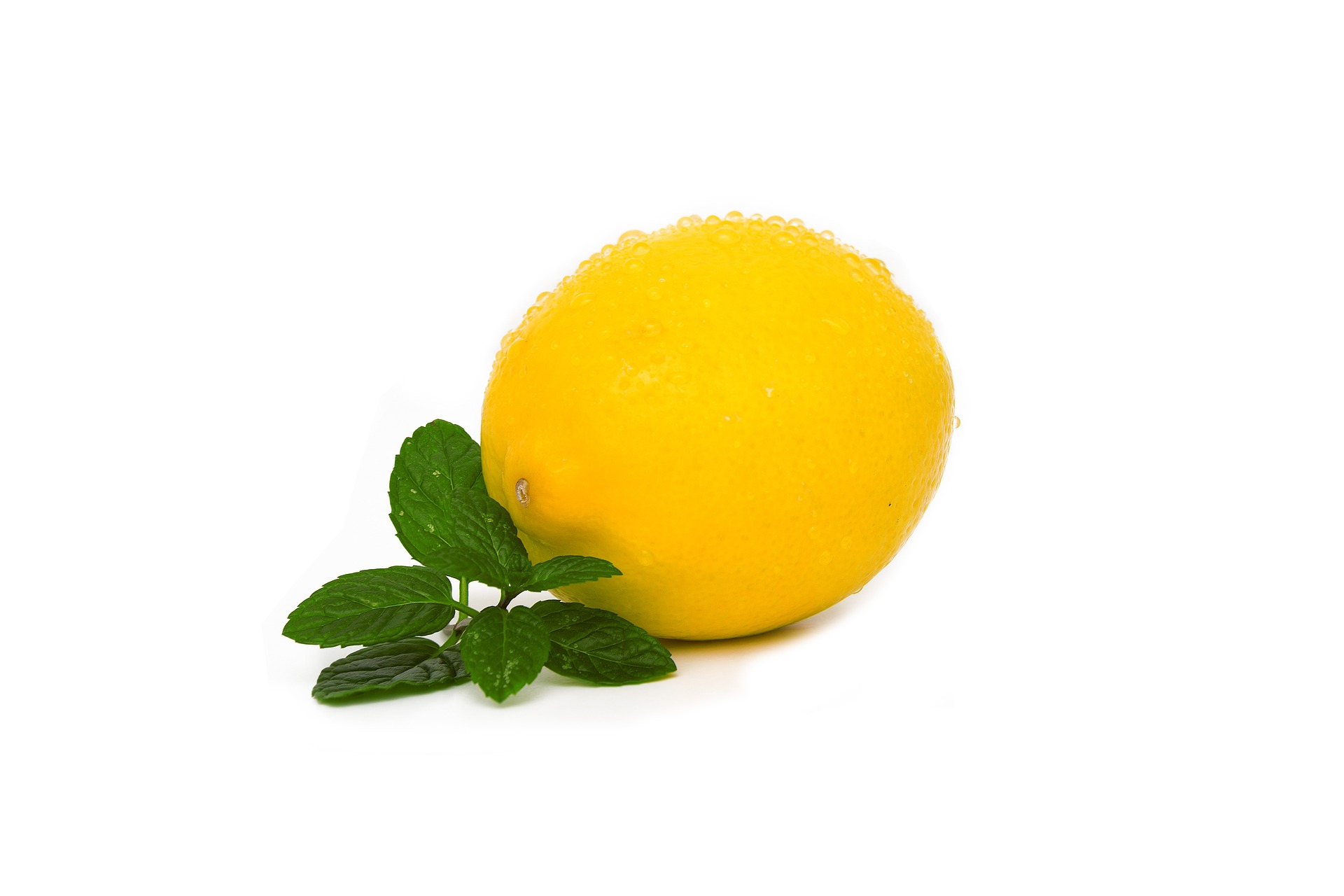When is someone said to be a vegan? It is when they decide to abstain from using animal products in their diet. Such people usually define for themselves a philosophy that quits looking at animals as commodities.
As such, a vegan diet will be missing such foods as eggs, honey, milk, meat, and animal oils. People practicing vegans don’t buy products that have been tested on animal subjects and clothing from animals. They never get entertained by visiting the circus or zoo and ensure they don’t hurt animals in any way.
That’s different from a vegetarian who doesn’t eat meat but still ingests eggs, butter, milk, and other animal products.
Don’t get confused. Living as a vegan or vegetarian doesn’t necessarily mean you are healthy. There are a number of people who rush into a vegan diet simply because they have been told it can help them meet their weight loss goals. Some of them never stop their old habit of eating processed foods with lots of fatty oils and sugar.
You are not contributing to a healthy environment when you cut out joust the meat. In essence, you have to go all the way and start using whole foods from a plant-based diet.
Benefits of Whole Foods
Did you know that a whole foods diet composed exclusively of plant material can be infinitely beneficial to your physical and mental health?
The first thing you will notice is the prolonged energy throughout the day. You will be less depressed, less stressed, and feel motivated to carry out your chores.
Over time, you will benefit by avoiding lifestyle diseases such as diabetes, cardiovascular disease, heart disease, and all types of cancer.
The most subtle outcome of eating a vegan diet is that you will be in better control of your weight. In essence, adopting a vegan diet is medicine in itself.
Environmental Benefits of a Vegan Diet
If you are an environmentally conscious person, it is best to reduce your carbon footprint by adopting a vegan diet. In many places, the environment is being destroyed by large-scale factory farms. Also eating a diet full of meat is not ecologically sound. When more people adopt a plant-based diet, the factory farms will have to change to growing more organic foods.
In cattle farms, the biggest issue if often flatulence. While it is clear that cattle are grazers, they are hardly fed on grass. Instead, they are confined in small spaces and fed on grains in a bid for the farm owners to cut costs. This does not just raise some ethical issues but is also environmentally unsustainable. What Is The Difference Between Plant-Based Diet And Vegan Diet?
That’s because the grain makes the cattle extremely flatulent compared to if they grazed. The cows end up releasing more methane into the atmosphere. Did you know that methane has a warming effect of 23 times more than that of carbon dioxide?
Since grain is hard on the cow’s digestive systems, the farmers have no option but to keep treating them with antibiotics and other medicines. Also, the resultant excrement hardly goes into fertilizing the ground since they are not allowed to walk around. The waste is pushed into a cesspool giving it the ability to make its way into aquifers, ponds, wells, rivers, and oceans.

